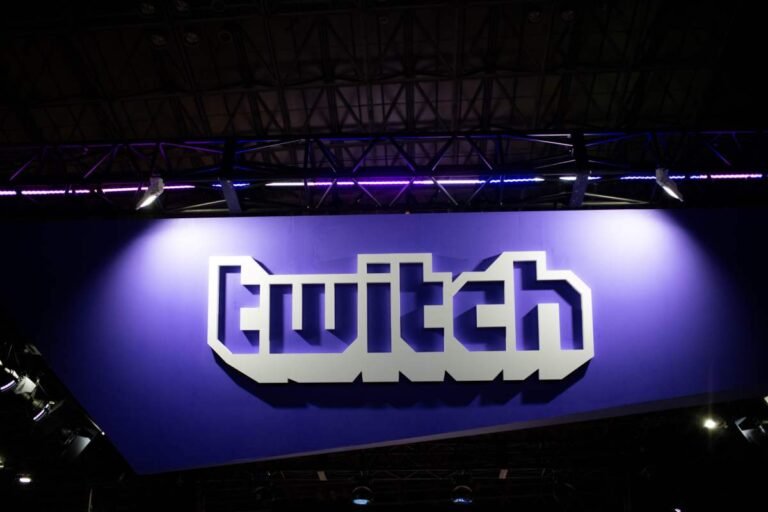
Twitch has come up with a solution for the ongoing copyright issues that DJs encounter on the platform.
Participating DJs in the program must contribute a percentage of their earnings from streams to cover some of the music rights costs.
Twitch partnered with all major labels to bring a majority of popular music to the offering, including Universal Music Group, Warner Music Group, and Sony Music, as well as several independent labels represented by music licensing partner Merlin.
Additionally, a one-year subsidy is being offered to existing Twitch DJs, providing financial support and a transition period to adapt to the new program.
Twitch will soon require DJs to share part of their revenue with the music industry.

It’s been 20 years since Shira Yevin, the lead singer of punk band Shiragirl drove a pink RV into the Vans Warped Tour grounds, the now-defunct punk rock festival notorious for being male-dominated.
After Shiragirl Stage, Yevin went on a “lifelong crusade for carving out a space for women in music and other male-dominated industries,” she told TechCrunch.
This began with the launch of Gritty in Pink in 2020, a Live Nation-backed platform designed to empower women in the music industry.
Like freelance platforms Fiverr and Upwork, users can publish listings to highlight their services on InPink’s marketplace and connect with major brands.
Yevin said InPink is already working with one sports client, Angel City Football Club (the LA-based women’s soccer league), to help them hire talent for pre-shows.
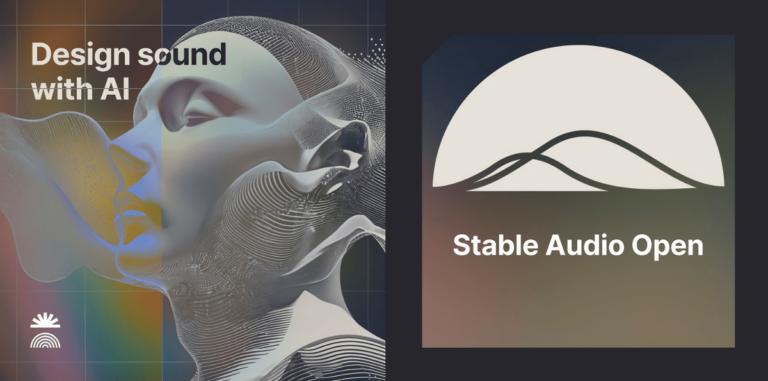
Stability AI, the startup behind the AI-powered art generator Stable Diffusion, has released an open AI model for generating sounds and songs that it claims was trained exclusively on royalty-free recordings.
Called Stable Audio Open, the generative model takes a text description (e.g.
Stability AI says that it’s not optimized for this, and suggests that users looking for those capabilities opt for the company’s premium Stable Audio service.
Stable Audio Open also can’t be used commercially; its terms of service prohibit it.
And it doesn’t perform equally well across musical styles and cultures or with descriptions in languages other than English — biases Stability AI blames on the training data.
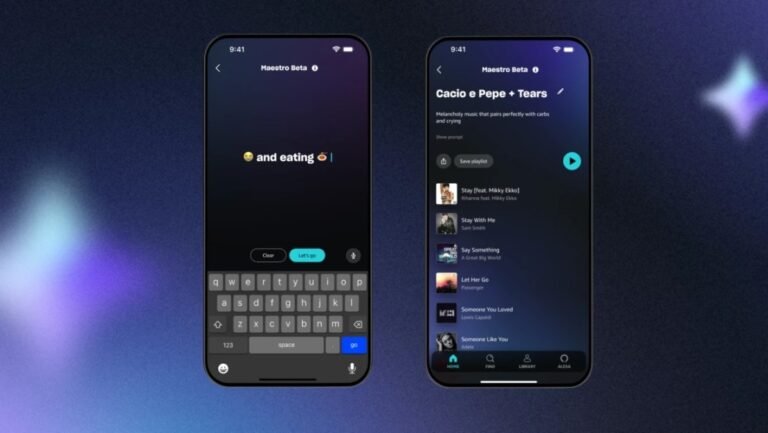
Spotify isn’t the only one to dabble with AI playlists — on Tuesday, Amazon announced it would do the same.
Amazon Music is now testing Maestro, an AI playlist generator, allowing U.S. customers on both iOS and Android to create playlists using spoken or written prompts, which can even contain emojis.
Amazon suggests that in addition to emojis, customers can write prompts that include activities, sounds, or emotions.
While Spotify’s AI generator is starting its tests in the U.K. and Australia, Amazon’s product is launching to a “subset” of free Amazon Music users, as well as Prime customers and Unlimited Amazon Music subscribers on iOS and Android in the U.S. for the time being.
To access Maestro, users will need the latest version of the Amazon Music mobile app and will tap on the option for Maestro on their home screen.

A new social media app called Indaband lets musicians and vocalists collaborate with others and make music with people all over the world.
You can record and mix unlimited video tracks in different sessions using the app’s multi-track video studio and share them with your community.
The app is the brainchild of CEO Daniel Murta, CTO Andrews Medina, Head of Engineering Helielson Santos and Design Leader Emerson Farias.
They all used to get together to play music during happy hours after work, and once the pandemic hit, they came up with the idea for Indaband so they could still play music together while in quarantine.
Circles will allow users to build their own communities on the app and possibly even hold live events.

After 10 weeks of being absent from the platform, Taylor Swift’s music has returned to TikTok — or at least her more recent songs and “Taylor’s Version” cuts, since she owns those masters.
Taylor Swift’s music, and music from all artists signed to Universal Music Group, was pulled from TikTok when the two parties were unable to come to a renewed licensing agreement.
UMG framed its refusal to come to a deal with TikTok as a means of standing up for emerging artists.
By selectively removing the music of certain of our developing artists, while keeping on the platform our audience-driving global stars,” UMG wrote.
Her “Taylor’s Version” recordings are back on TikTok, but songs from records like “Reputation,” which doesn’t yet have a “Taylor’s Version,” are still absent from the platform.
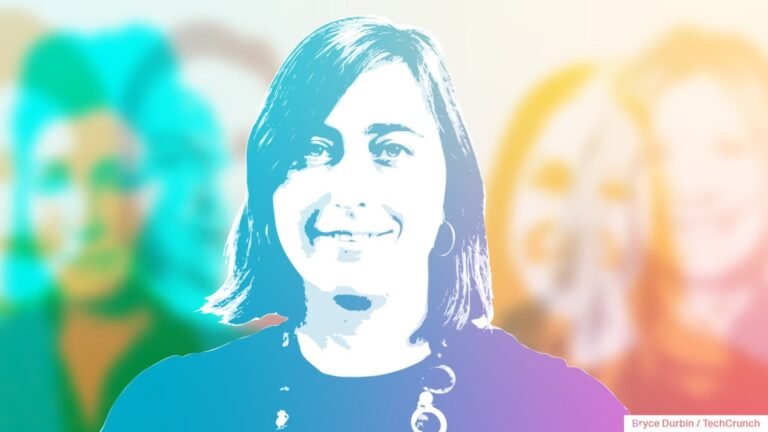
Gómez’s research is grounded in the computational music field, where she contributes to the understanding of the way humans describe music and the methods in which it’s modeled digitally.
What I liked at the time from machine learning was its modelling capabilities and the shift from knowledge-driven to data-driven algorithm design — e.g.
There’s also PHENICX, a large European Union (EU)-funded project I coordinated on the use of music; and AI to create enriched symphonic music experiences.
What advice would you give to women seeking to enter the AI field?
They should learn about the working principles and limitations of AI algorithms to be able to challenge them and use them in a responsible way.

A group of 200 musicians signed an open letter calling on tech companies and developers to not undermine human creativity with AI music generation tools.
“When used irresponsibly, AI poses enormous threats to our ability to protect our privacy, our identities, our music and our livelihoods,” the letter reads.
Some companies like Adobe and Stability AI are working on AI music generators that use licensed or royalty-free music.
But these tech companies aren’t listening.
“This assault on human creativity must be stopped,” the musicians’ letter says.
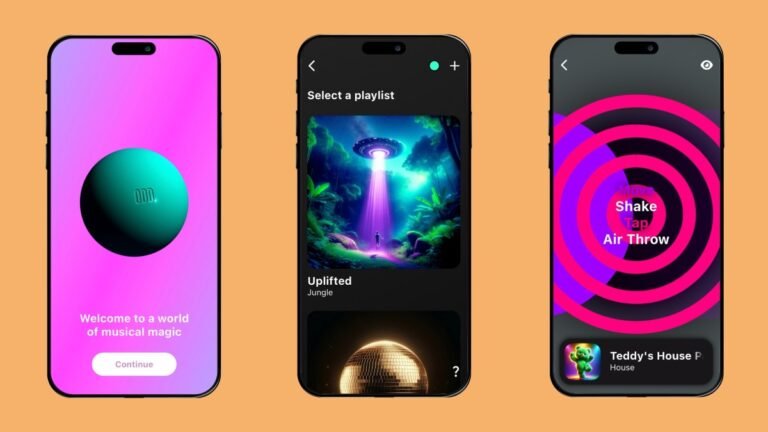
Odd Ball, the ball-shaped music instrument, is adding new gestures so you can become a house DJOdd Ball is a company that makes fun electronic bouncy balls that let you generate MIDI sounds by tapping or bouncing them.
With the most recent app update, the company also lets you be the DJ at a house party with these gestures.
The app will generate sound based on how hard or fast you spin or shake the ball.
While Odd Ball hasn’t raised any institutional money, it has some advisors on the board.
Odd Ball is working on a version of the ball with multiple RGB LEDs for a new interaction dimension.
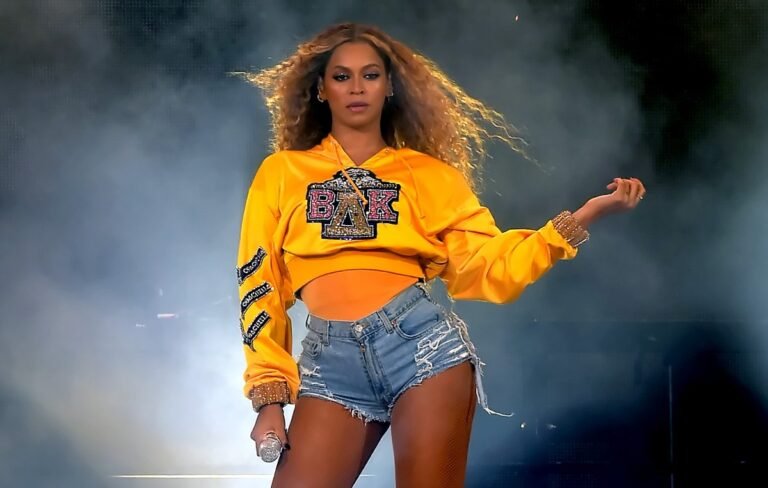
Beyoncé’s “Cowboy Carter” has been out for only a few days, yet it’s already obvious that we’ll be talking about it for years to come — it’s breaking records across streaming platforms, and the artist herself calls it “the best music [she’s] ever made.” But in the middle of the press release for “Cowboy Carter,” Beyoncé made an unexpected statement against the growing presence of AI in music.
Some of the best-known AI companies, like Open AI and Stability AI, use datasets that include copyrighted artworks without consent.
Beyoncé’s stance makes even more sense in the context of “Cowboy Carter” itself.
Though it does not explicitly discuss AI, “Cowboy Carter” already addresses the theft and appropriation of artworks without consent.
Even the title “Cowboy Carter” nods to the appropriation of Black music for white people’s gain.













